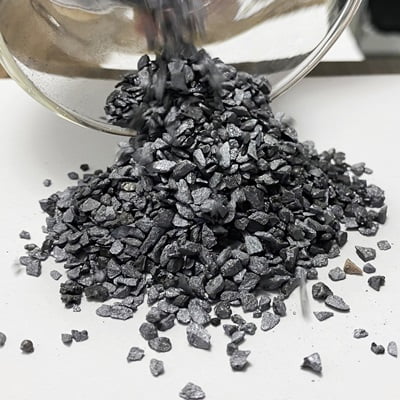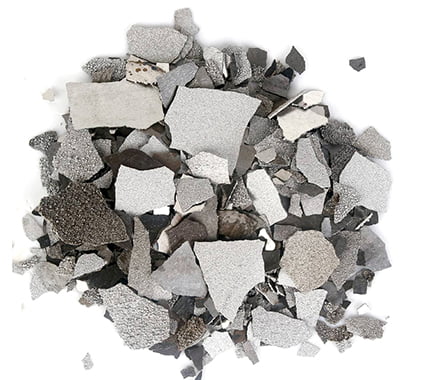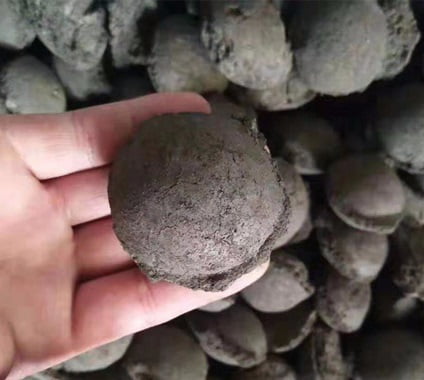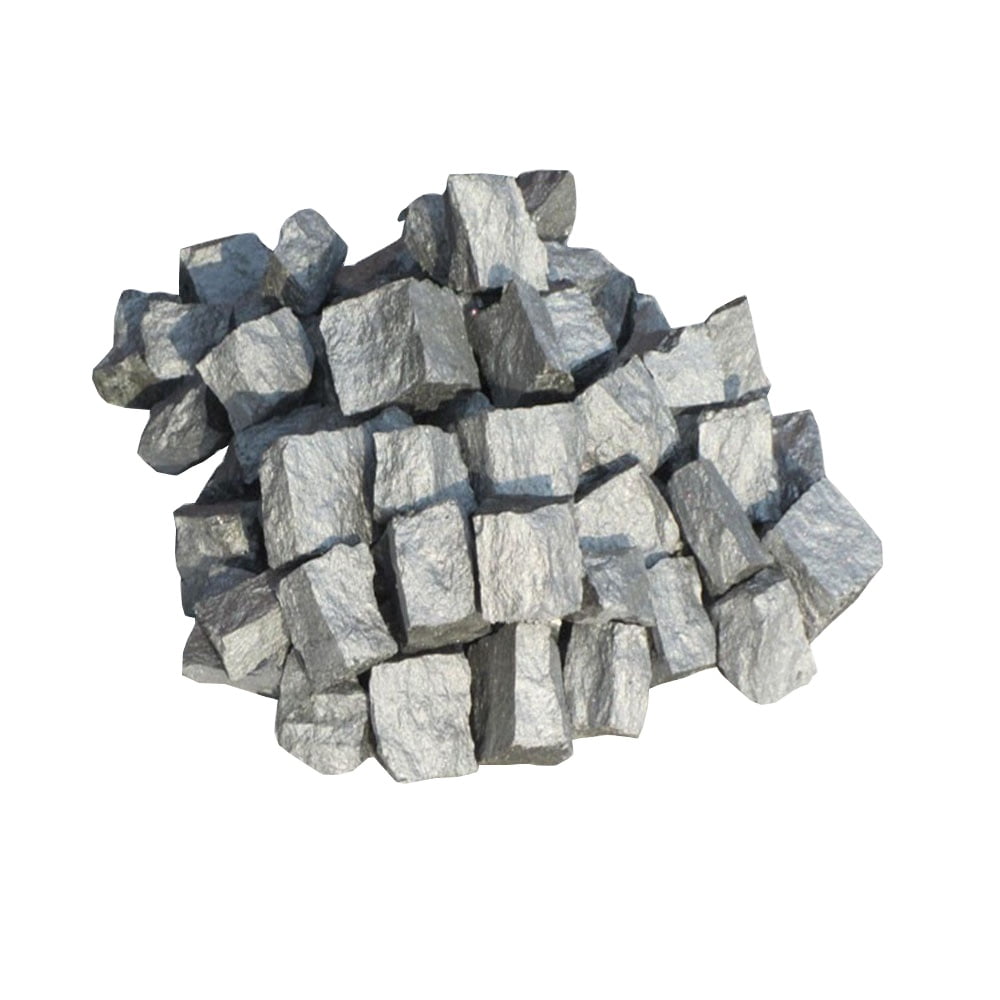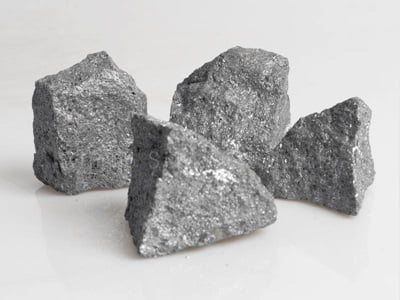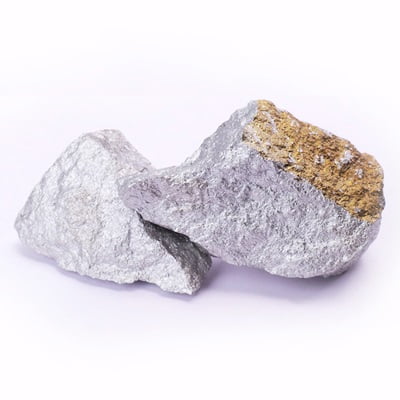NEWS
Ferro Silicon (FeSi) and Ferro Silicon Barium (FeSiBa)
Ferro silicon (FeSi) and ferro silicon barium (FeSiBa) are both alloys that are widely used in various industries, such as steel, foundry, and welding. While both alloys contain silicon and iron as their primary components, the addition of barium in FeSiBa sets it apart from FeSi. In this article, we will compare and contrast the two alloys and discuss their advantages and differences.
Composition and Properties
FeSi typically contains 75-80% silicon, 15-20% iron, and trace amounts of other elements such as carbon, aluminum, and calcium. It is primarily used as a deoxidizer in steel production and as an alloying agent to enhance the strength, durability, and other mechanical properties of steel. The addition of FeSi can increase the hardness, tensile strength, and resistance to corrosion of steel.
On the other hand, FeSiBa contains a higher percentage of barium compared to FeSi, typically around 1-2% by weight. This addition of barium can improve the properties of the alloy, such as increasing the density, improving castability, and reducing the oxidation of the alloy during production. The addition of barium also helps to refine the grain structure of cast iron and increase its fluidity, which results in better surface finish and reduced porosity.
Uses and Applications
FeSi and FeSiBa have different applications due to their composition and properties. FeSi is mainly used in steel production, whereas FeSiBa is primarily used in foundry and casting applications.
FeSi is commonly used in the production of carbon, low-alloy, and stainless steels. Its addition to steel can help to remove impurities such as oxygen and sulfur, which can cause defects in the steel. FeSi is also used as an alloying agent to increase the hardness, wear resistance, and magnetic properties of steel.
FeSiBa, on the other hand, is mainly used in foundries and casting applications. Its addition to molten iron can help to refine the grain structure and increase the fluidity of the metal, which results in better surface finish and reduced porosity. FeSiBa is also used as a nodularizer in the production of ductile iron, which is commonly used in automotive and construction applications.
Advantages and Differences
One of the main advantages of FeSi is its cost-effectiveness. FeSi is generally cheaper than other alloys, and its addition to steel can reduce the cost of production. FeSi is also readily available, and its production is not affected by supply chain disruptions or shortages.
On the other hand, FeSiBa has several advantages over FeSi. The addition of barium can improve the properties of the alloy, such as density, castability, and oxidation resistance. The use of FeSiBa can also result in better surface finish and reduced porosity in castings, which can improve their overall quality. The use of FeSiBa can also help to reduce production time and costs by reducing the need for additional processing steps.
However, FeSiBa is also more expensive than FeSi due to the addition of barium. FeSiBa is also more challenging to handle and store due to its reactive nature, which requires careful handling and storage.
In conclusion, FeSi and FeSiBa are both essential alloys with different properties and applications. FeSi is mainly used in steel production, while FeSiBa is primarily used in foundry and casting applications. Both alloys have their advantages and disadvantages, and the choice of alloy depends on the specific requirements of the application.
You May Like to Learn More...
Contact Us

JBT produces and supplies silicon metal and ferrosilicon products, mainly products are silicon metal 553, 441, 421, 411 3303,2202, 97, silicon carbide, carbon raiser for steelmaking and casting industries. We also make electrolytic manganese metal, inoculants and nodulizers.
Get in Touch
- info@jbtmetals.com
- +86-372-5032025
- +86-15937282819
- Send Inquiry
- Online Chat
- Qugou Town, Anyang City, Henan Province of China
